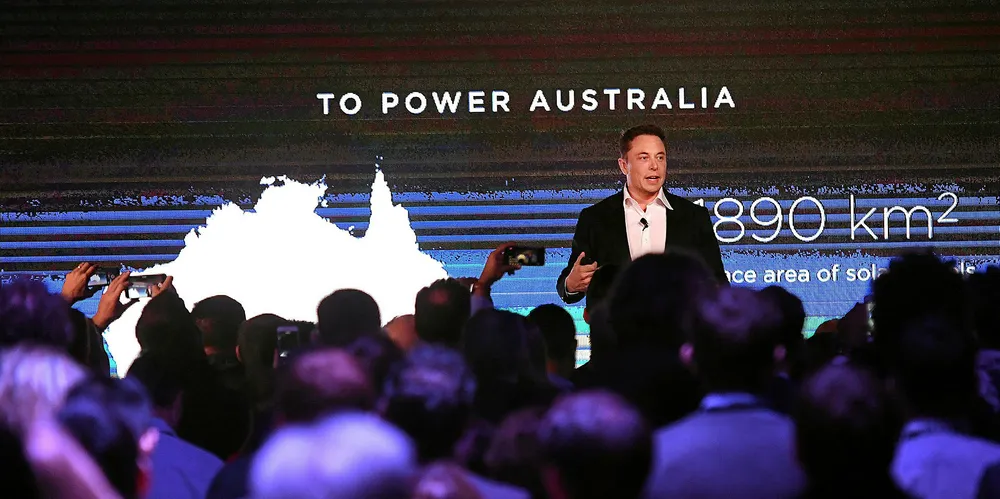Truce aims to end multi-million-dollar row over 'world-first' hybrid built by Vestas JV
Four-week 'standstill' will try to resolve dispute between developer and EPC contractor over Kennedy Energy Park wind/solar/battery project

Four-week 'standstill' will try to resolve dispute between developer and EPC contractor over Kennedy Energy Park wind/solar/battery project
